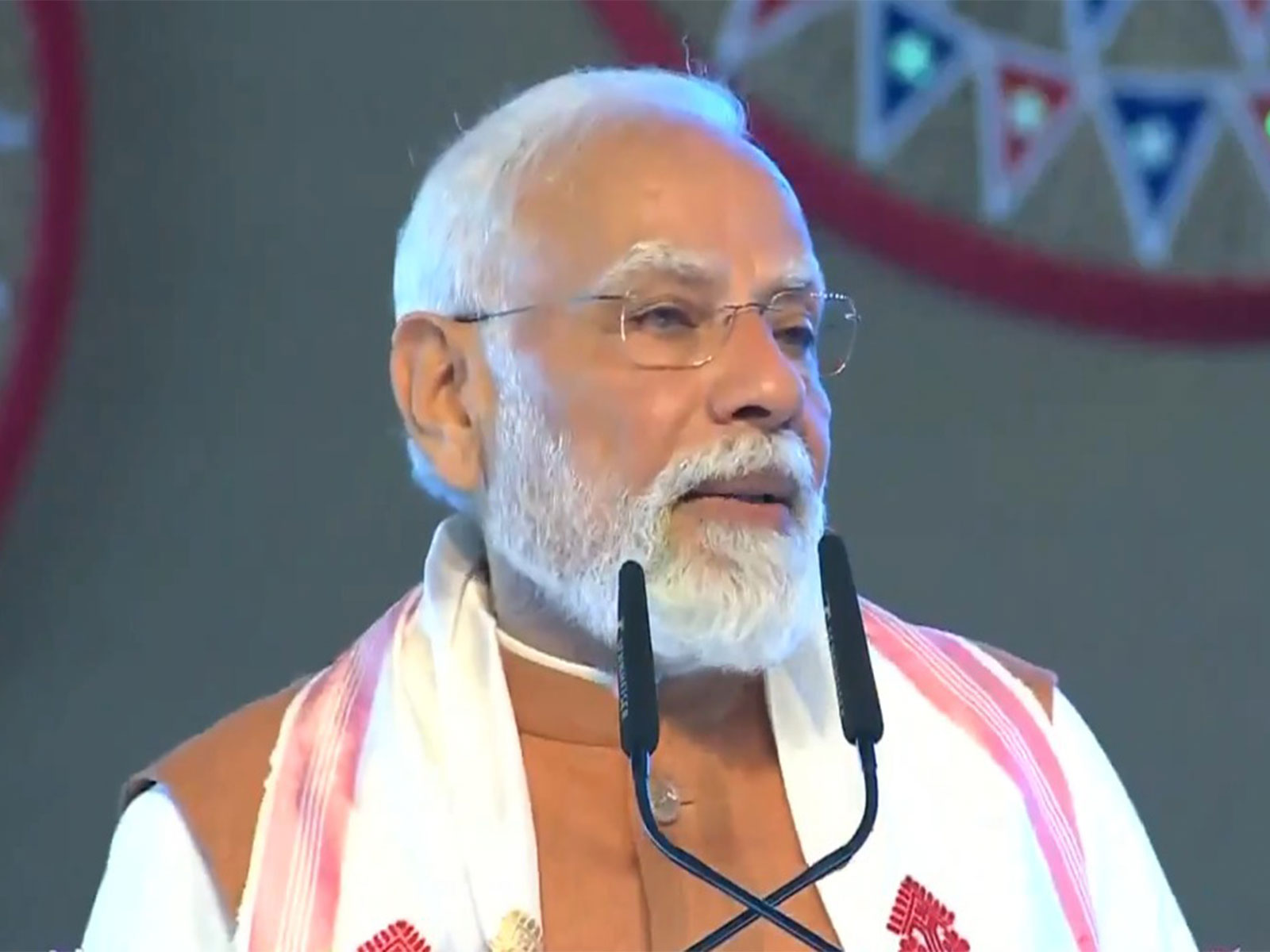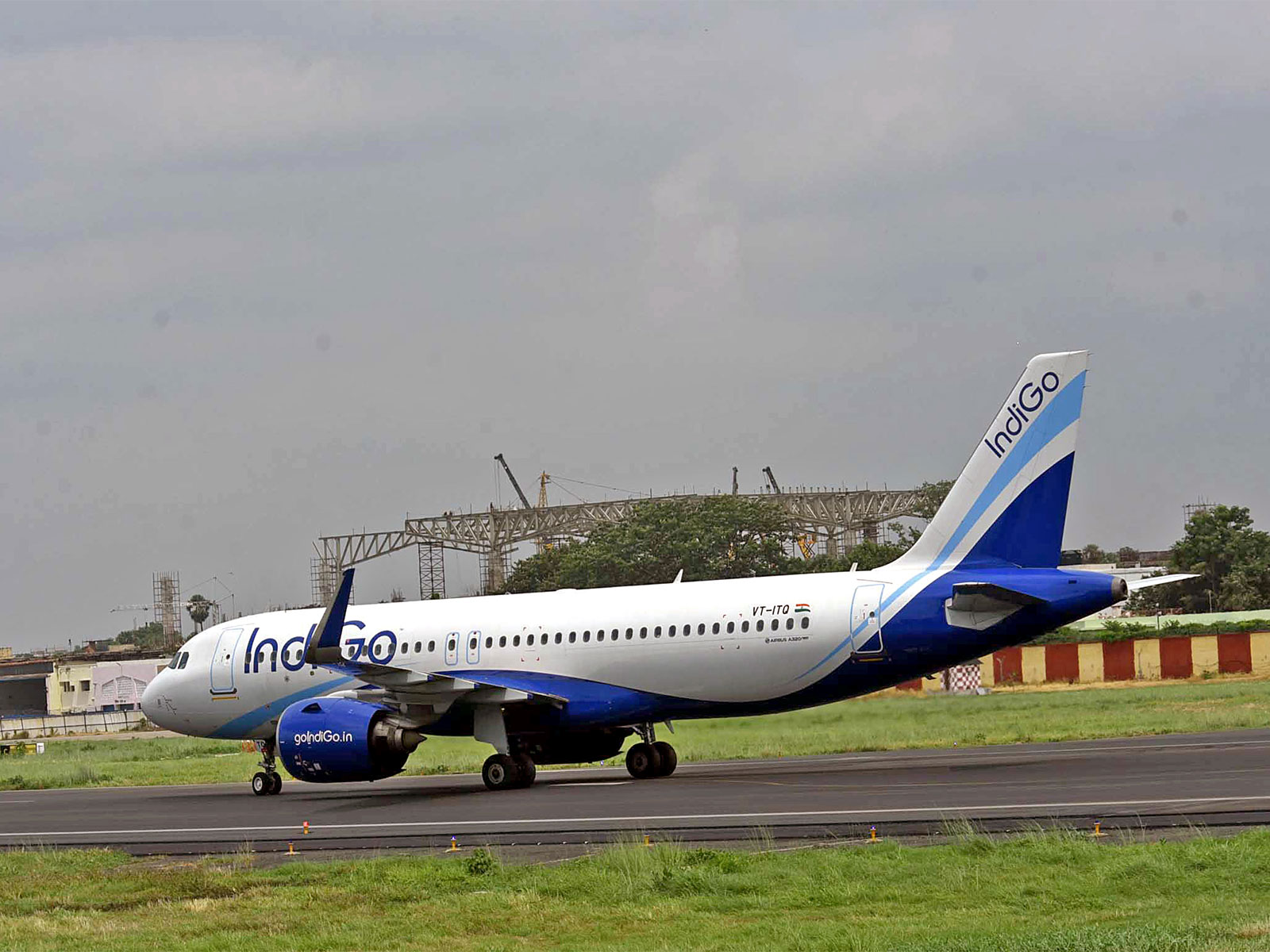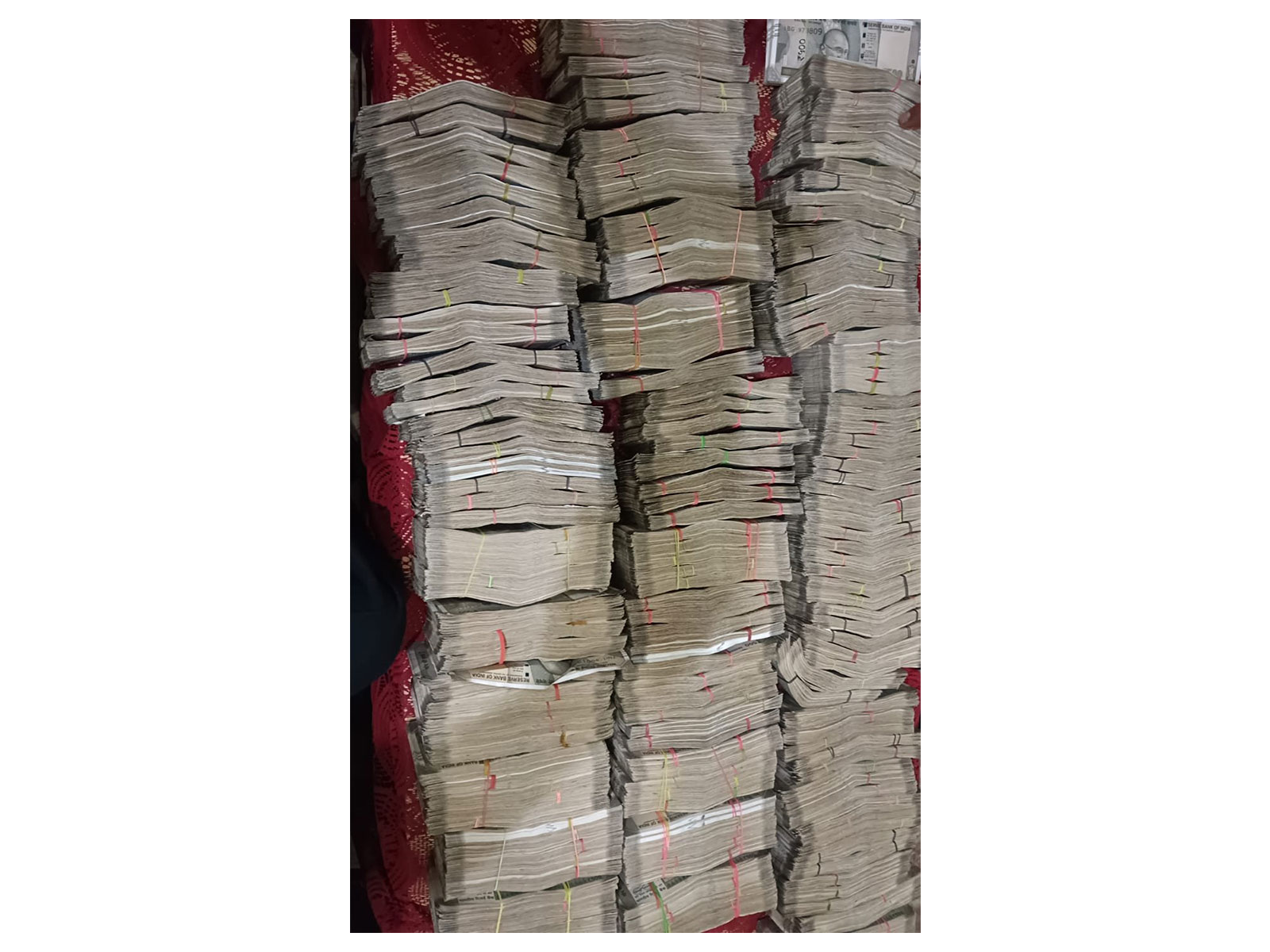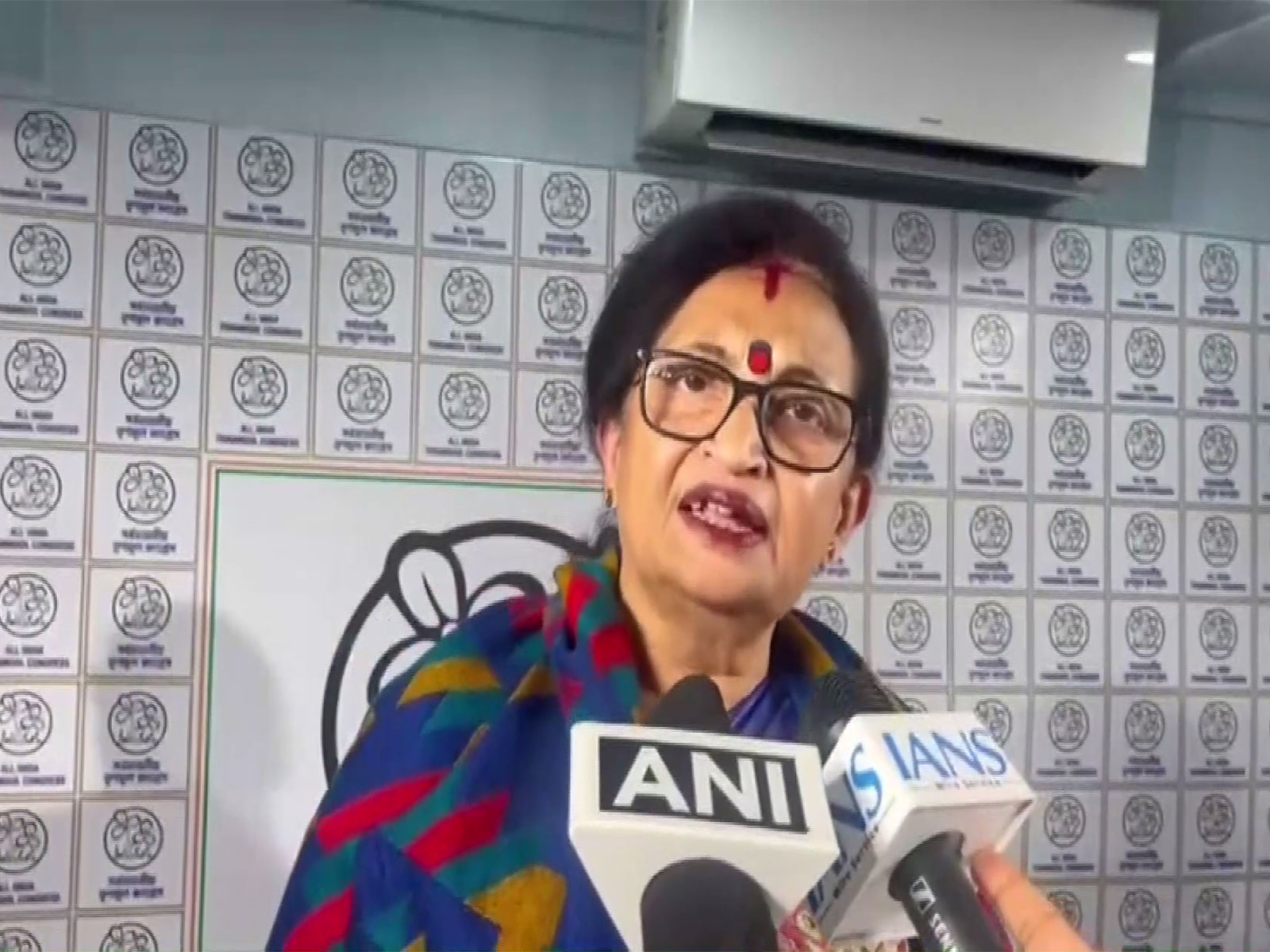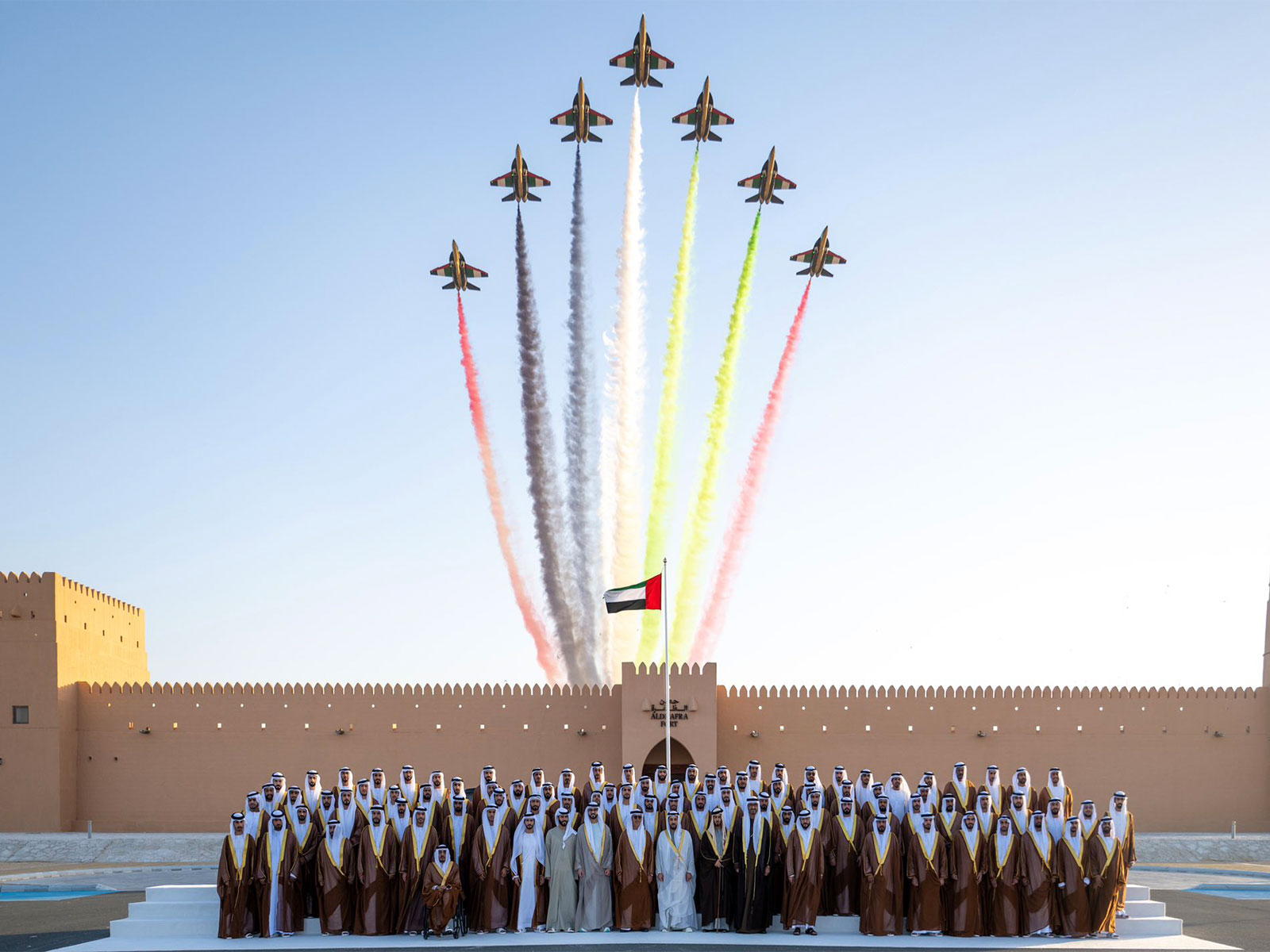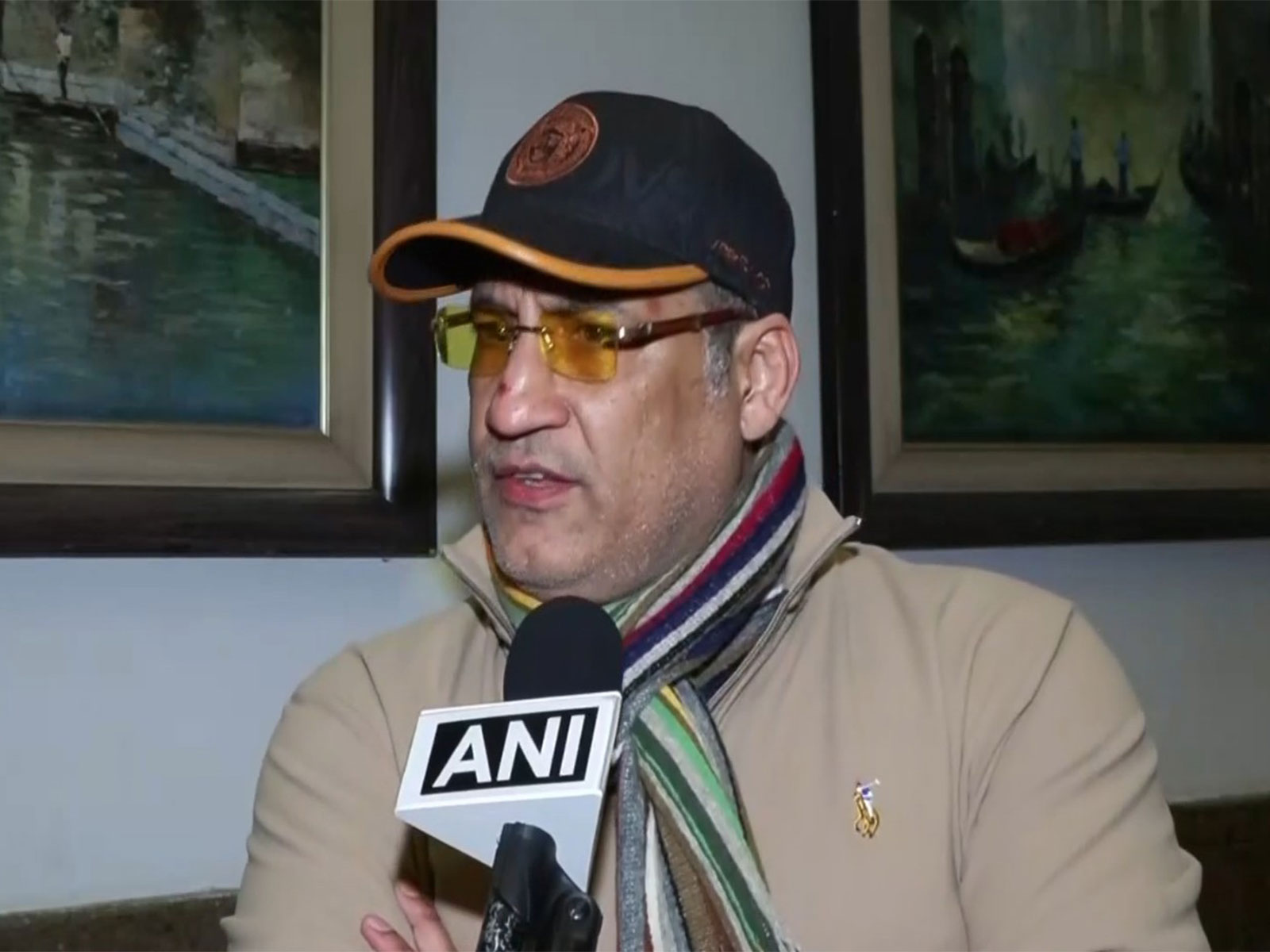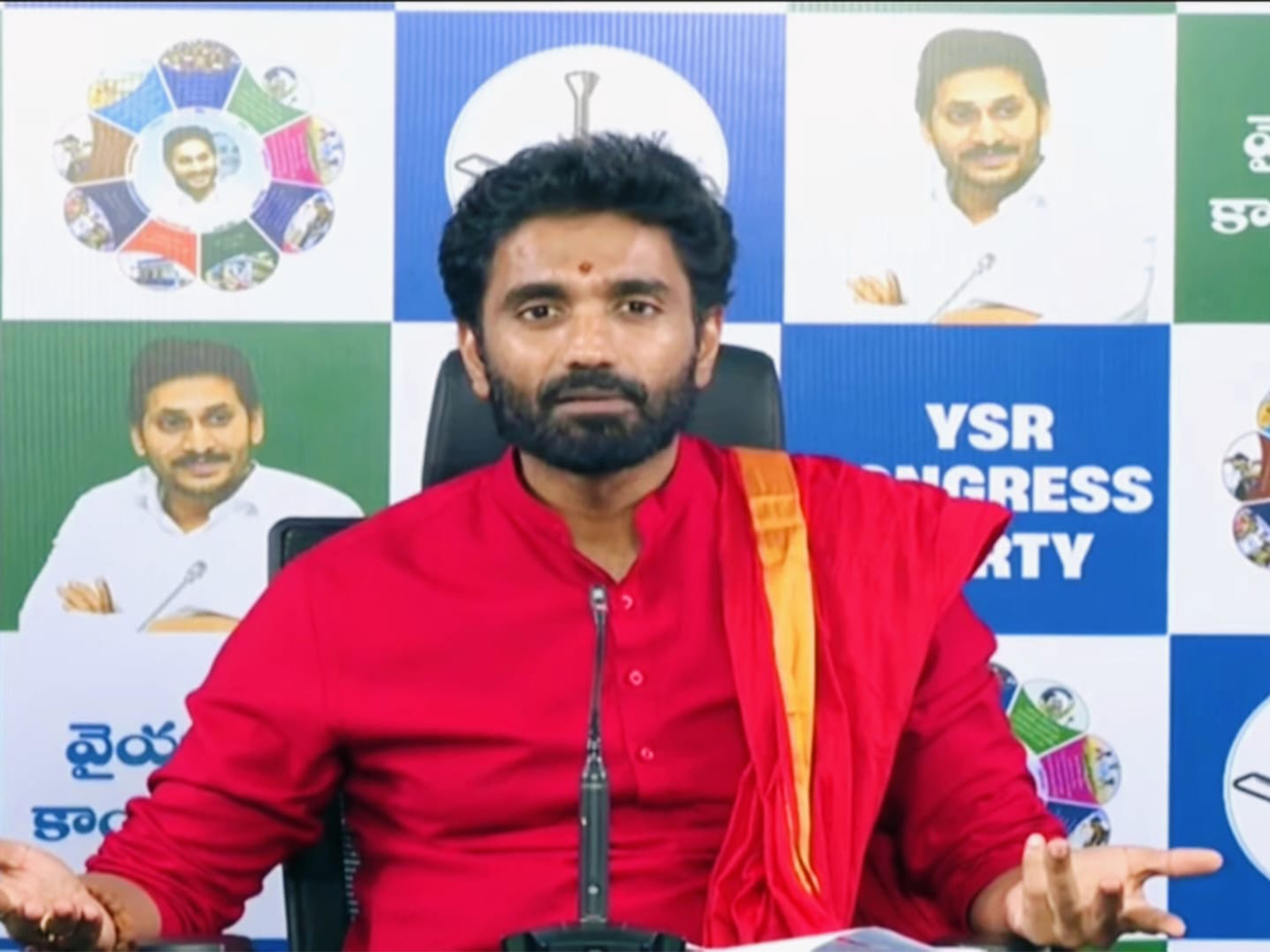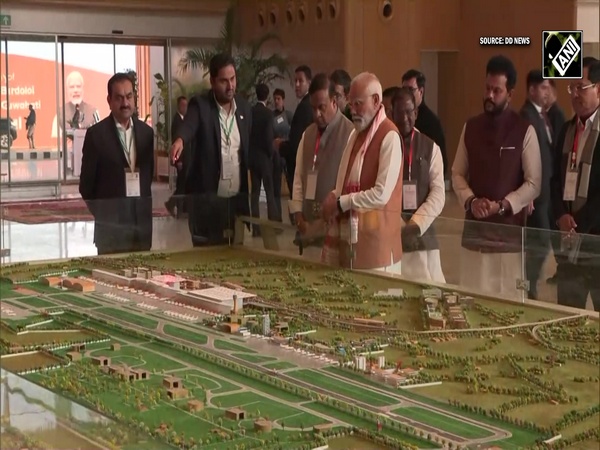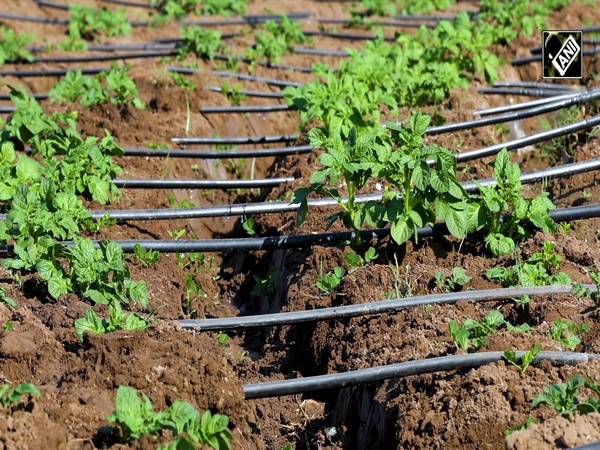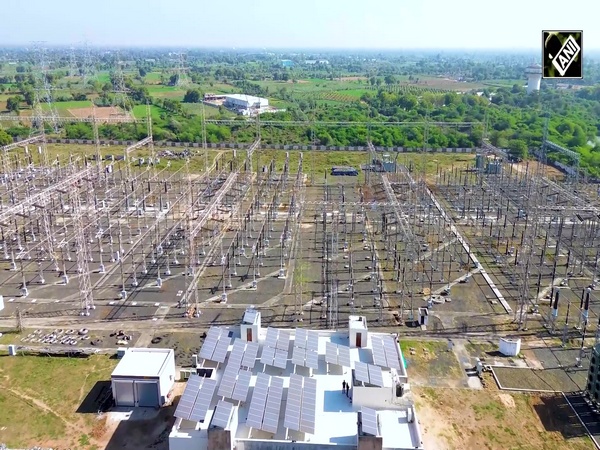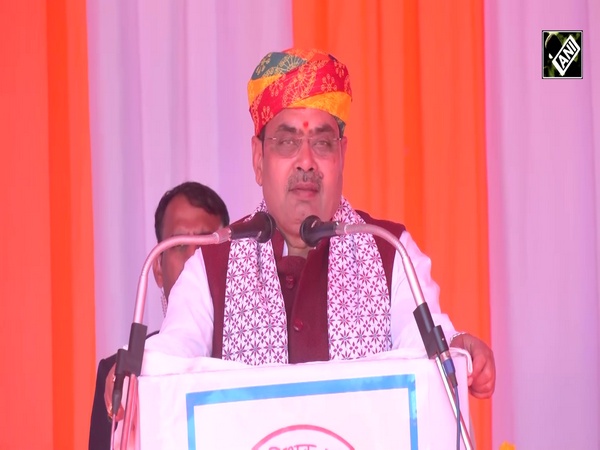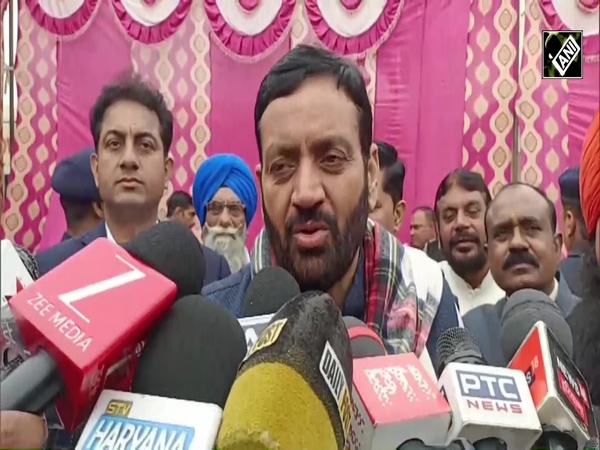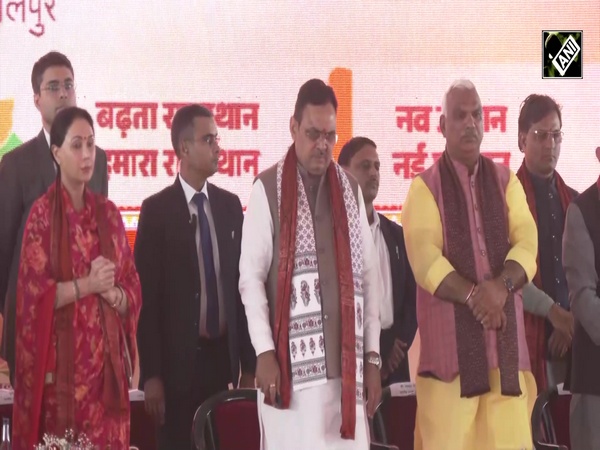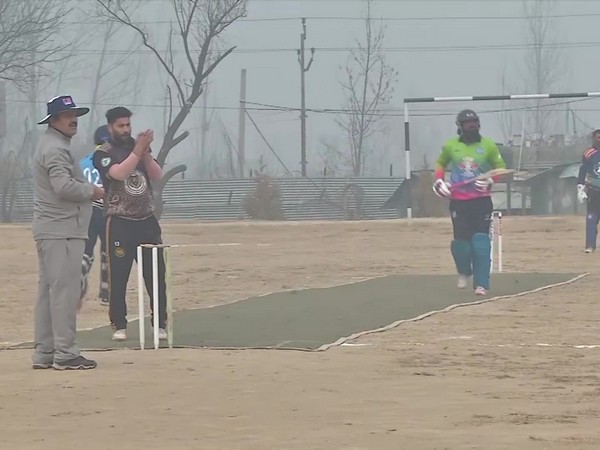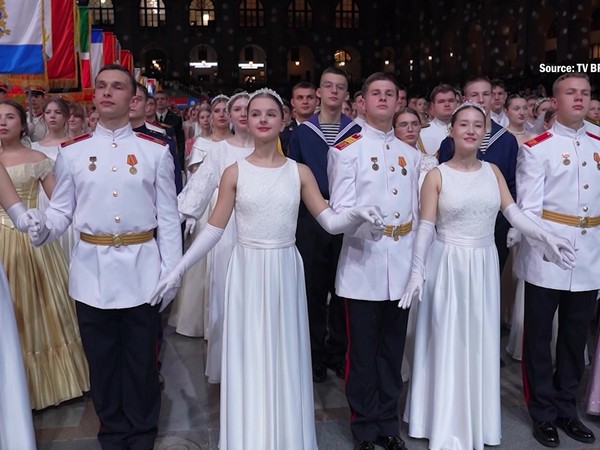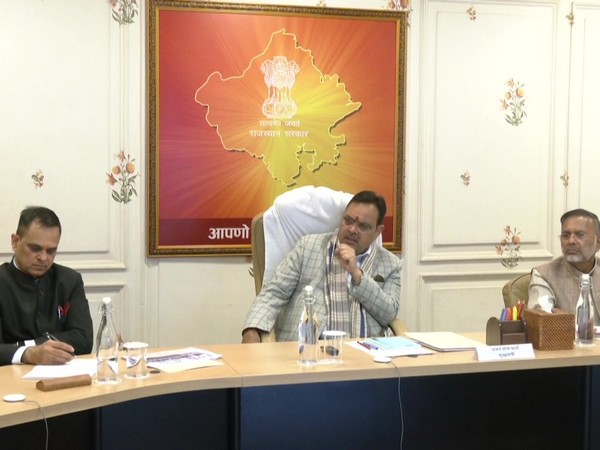Politicians quick to impose measures but slow to remove them; Time for India to reopen international air travel: IATA DG
Jul 27, 2021

By Ashoke Raj
New Delhi [India], July 27 : The International Air Transport Association (IATA) is advocating for India to restart scheduled international flights, stating that it will take at least three years to reach the pre-Covid level traffic if operations resumed now.
IATA Director General Willie Walsh said that politicians impose sanctions on India's air operations too quickly and withdraw too slowly.
"Politicians are quick to impose measures but slow to remove them," IATA DG Willie Walsh said in an interaction with media persons on Tuesday.
IATA had called a virtual media briefing today to provide latest updates on the impact of the COVID-19 crisis on the global aviation industry.
Further, Walsh emphasised that it will take three years to reach the 100 per cent load factor that is pre-Covid level (2019) if India reopens operations now.
"The passenger load factor will be around 80 per cent or more by 2022, 90-95 per cent load factor will be achieved in 2023 and 100 per cent load in 2024 as in 2019," the IATA DG said.
Walsh said restrictions on airline capacity and fares by the Indian government have slowed the revival of the domestic market, which is the only large domestic market that is lagging.
"Among the big domestic markets, India is the only one that is lagging... The recovery is significantly impacted due to the regulation that has been put in place," he said.
"It surprises me... India has been the fastest-growing domestic market largely due to measures taken (in terms of relaxing regulations). I would hope that we will see a change in approach... Regulations restrict competition, market access and growth," he added.
Ever since the domestic aviation market reopened after the first wave of Covid-19 in May last year, the government has been controlling airline capacity as well as fares.
India's largest carrier IndiGo also recently said that the government should relax the rules. However, the government feels that restrictions are needed to protect the financially weak airlines.
On the issue of the European Union (EU) not exempting travellers vaccinated with Covishield (locally manufactured AstraZeneca vaccine), Walsh called it unfortunate.
"World Health Organisation (WHO), which is a world body and an expert in the area, and countries should follow norms prescribed by it. If the countries start to do it, it becomes more political and less medical. It is in nobody's interest to do that (create confusion over which vaccine to allow and which not)," he said.
